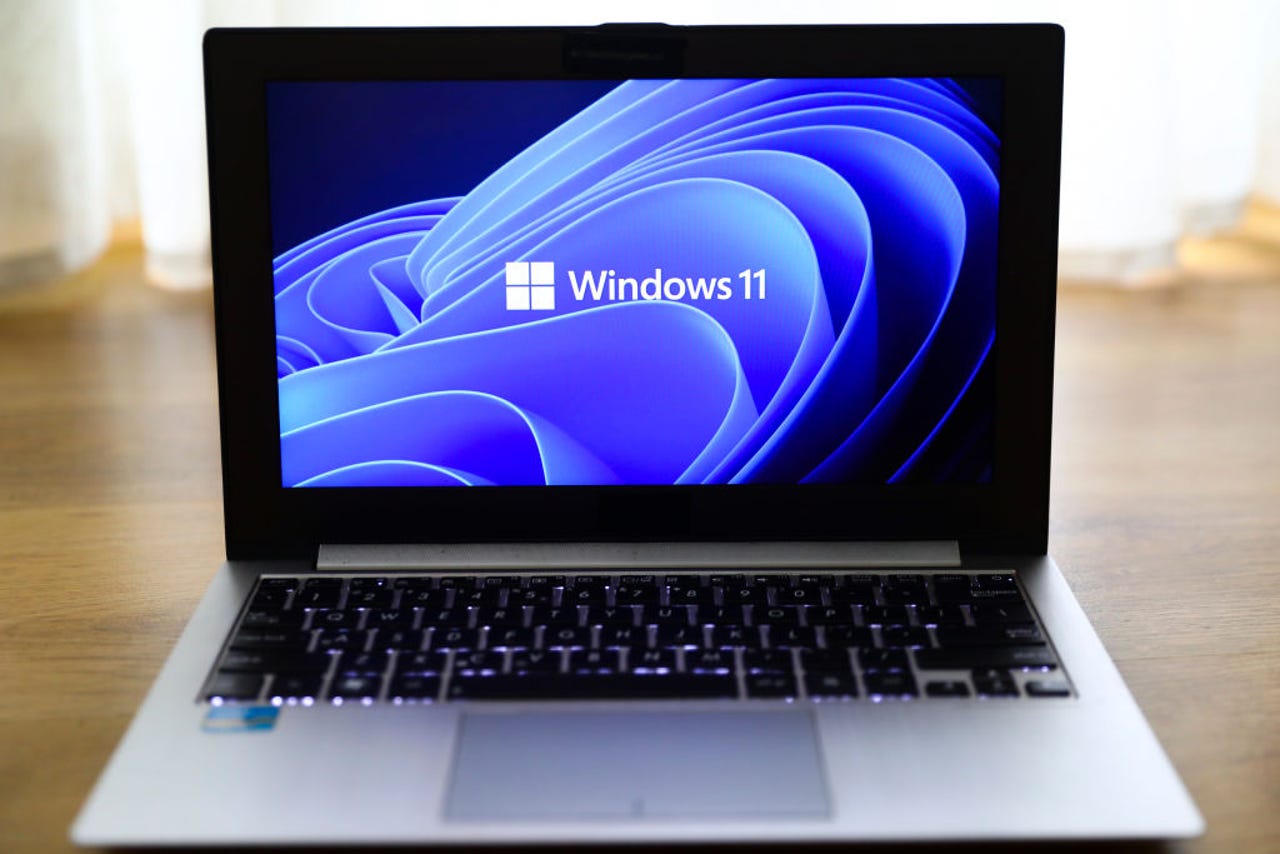Microsoft is now showing ads in Windows 11's Start menu. Here's how to block them


Microsoft has rolled out a new way to further mismanage the Windows 11 Start menu: displaying ads in the form of recommended apps. The ads are part of the KB5036980 update that rolled out to Windows 11 on Tuesday.
In a support page announcing this latest Windows 11 update, Microsoft spilled the beans on the new feature: "The Recommended section of the Start menu will show some Microsoft Store apps. These apps come from a small set of curated developers. This will help you to discover some of the great apps that are available."
The Start menu ads first began popping up a couple of weeks ago in a Windows 11 Insider Preview Build for the Beta channel. At the time, Microsoft said that it's "now trying out recommendations to help you discover great apps from the Microsoft Store under Recommended on the Start menu." Well, apparently the company liked this idea because it's now rolling out to everyone.
Also: Windows 11 FAQ: ZDNET's upgrade guide and everything else you need to know
Clicking the Start button in Windows 11 displays two sections in the Start menu -- one for Pinned apps and one for Recommended apps. Icons for Microsoft Store apps could now potentially appear in the Recommended section.
Before you start hollering at Microsoft, the new ads may or may not start showing up for you. It's pretty much luck of the draw. Even then, you may see only one or two recommended apps, so they won't be cluttering the entire Start menu. Plus, you must be using Windows 11 as an individual user. PCs that are considered commercial devices, meaning those managed by organizations, won't be subjected to the ads.
Also: Windows 11: Do these six things right away after you finish setup
Furthermore, disabling the ads is simple enough. If you start seeing the recommended apps, here's what you can do. Head to Settings > Personalization > Start. Turn off the switch for "Show recommendations for tips, app promotions, and more." Here, you can also change the layout at the top of the screen to "More pins" (this will reduce the amount of space taken up by the Recommended section).
Even better, I'd recommend moving toward a Windows 11 Start menu replacement, such as Start 11 or StartAllBack. Since these tools offer a more traditional Start menu, à la Windows 10 or Windows 7, the ads won't appear. Plus, you'll enjoy a more usable and customizable Start menu than the monstrosity that Microsoft created for Windows 11.
Still, as a Windows 11 user, I have some feedback on this new feature, none of which is printable. Despite being a $3 trillion company with $227 billion in revenue in 2023, Microsoft seems to feel the need to eke out more money from Windows users by annoying them with ads.
This is far from the first time Microsoft has tried to pull this type of stunt.
The company has been adding ads to certain versions of Windows since launching Windows 8. Some of these take the form of banner ads. Others appear as recommended or promoted apps, a type of advertising that also popped up in Windows 10. When people complain, the company often, but not always, reverses course and proclaims that the ads in question were just an experiment.
To be fair, seeing an occasional recommended app in the Start menu isn't the most obtrusive type of advertising. Still, that's not the point. We already pay for Windows as part of the cost built into computers by PC vendors. We shouldn't have to be subjected to ads as another way for Microsoft to squeeze even more revenue out of us.